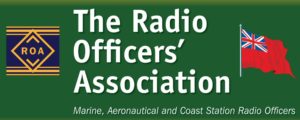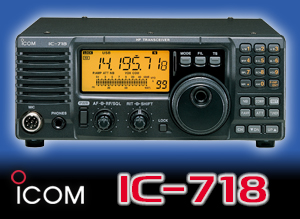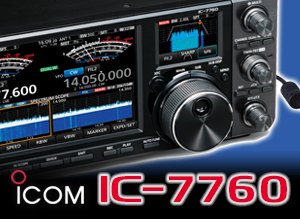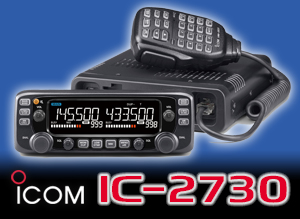Radio Officers’ Association
The Radio Officers’ Association (ROA) was formed in 1995 as a membership organisation with two principal aims:
- to seek out, honour and preserve the distinguished history of marine radio.
- to provide former radio officers with the means to share their experiences.
Membership of the ROA is reserved for those who have served as radio officers in a merchant navy, coast radio stations and civil aviation and is not restricted to UK nationals. Exceptionally, membership can be granted to those who have made a contribution to the industry in other ways.
Radio Officers
 The commercial exploitation of wireless at sea about 1900 revolutionised ship-shore communications and much improved safety of life at sea. From then until the end of the twentieth century ship-shore communication in the merchant fleets of the world was in the hands of specialist Radio Officers. Over time the industry turned to the Radio Officer for the maintenance of navigation aids and engine room electronics as well as the management of the communications systems.
The commercial exploitation of wireless at sea about 1900 revolutionised ship-shore communications and much improved safety of life at sea. From then until the end of the twentieth century ship-shore communication in the merchant fleets of the world was in the hands of specialist Radio Officers. Over time the industry turned to the Radio Officer for the maintenance of navigation aids and engine room electronics as well as the management of the communications systems.
By the turn of that century the rank of Radio Officer had passed into history as technological developments removed the need for high specialisation. Some left the sea but many moved easily into the new rank of Electro-Technical Officer (ETO). The ETO has the important function of maintaining the complex electronics installations throughout the ship and a number of them are in membership of the Association.
Radio Officers also manned coast radio stations and had counterparts in civil aviation. They too have a worthy place in distinguished history of communications in the twentieth century.
The Merchant Navy was at the forefront in all the armed conflicts of the twentieth century and is sometimes referred to the fourth arm of the defence of the nation. In those conflicts many Radio Officers performed extraordinary acts of bravery and self-sacrifice. It is of no surprise that in World War II, of the 30,000 casualties suffered by the British Merchant Navy, no less than 10 percent were Radio Officers and Masters. By tradition the Master was the last to leave a sinking ship and he was immediately preceded by the Radio Officer, who had been sending out the last urgent calls for help. Many Radio Officers were killed at their posts as the Radio Room was regularly the first target of shelling. We salute them all.
About the ROA
The annual subscription entitles members to receive the Association’s prize-winning Journal (QSO) which is published four times a year. Its many pages contain articles from members and others and acts as a communication channel for the affairs of the Association. In addition this website, through its Forum and Announcements Pages, provides for discussions and announcements of forthcoming events that have a need for greater immediacy.
The Association is managed by a Committee of Officers and Ordinary Members which reports to the membership through the Journal and at AGM. The AGM is always paired with a popular reunion and dinner and is always great fun. Local groups are also entitled to central support.
Fraternal and professional links maintained with other Merchant Navy associations and professional bodies are used to good effect in the dealing with common issues. The Association acts with these organisations at commemorative events nationally and locally.
The Archivist actively pursues historical matters, including the acquisition and cataloguing of material. He has developed positive liaisons with specialist museums and libraries and has promoted Radio Officers’ sections in libraries and collections.
The Association has its own radio amateur group, the Radio Officers’ Amateur Radio Society (ROARS). This is separately managed by a sub-committee and publishes its own Journal QRZ, which is sent out with QSO to all members.
Website: www.RadioOfficers.com










